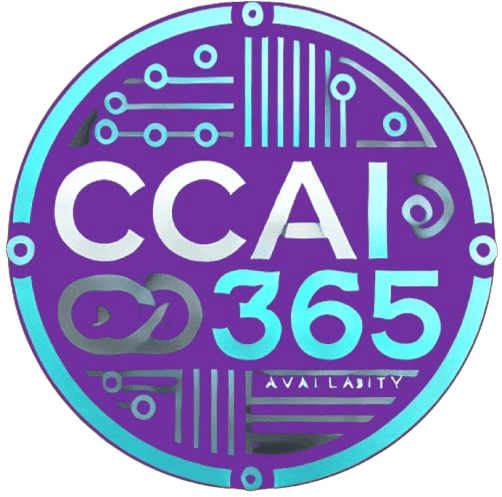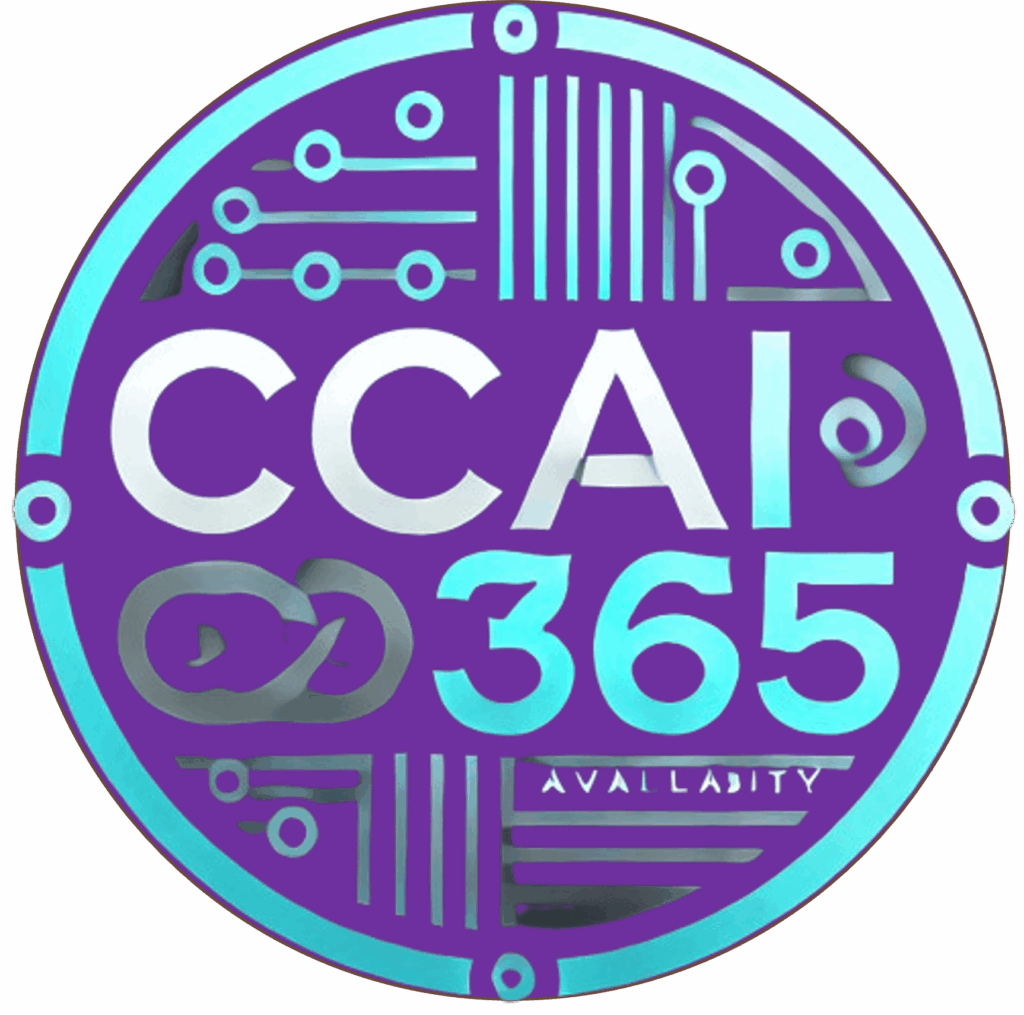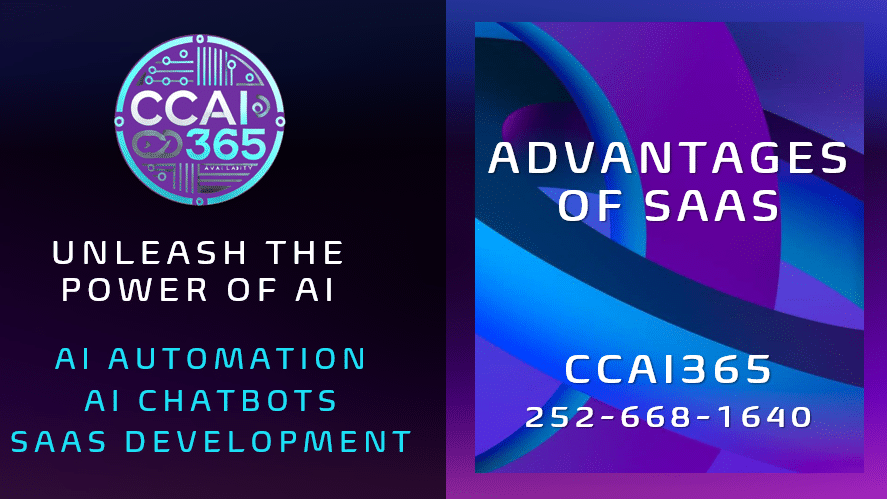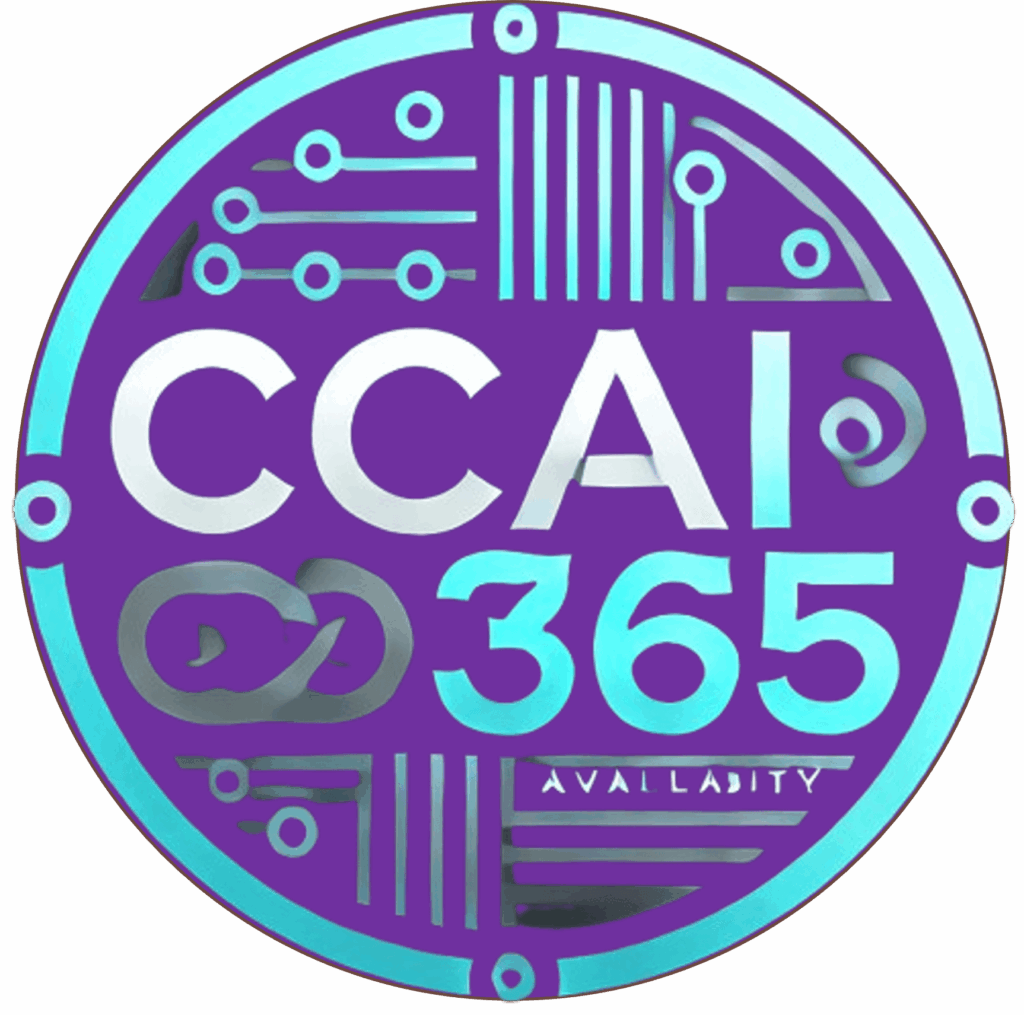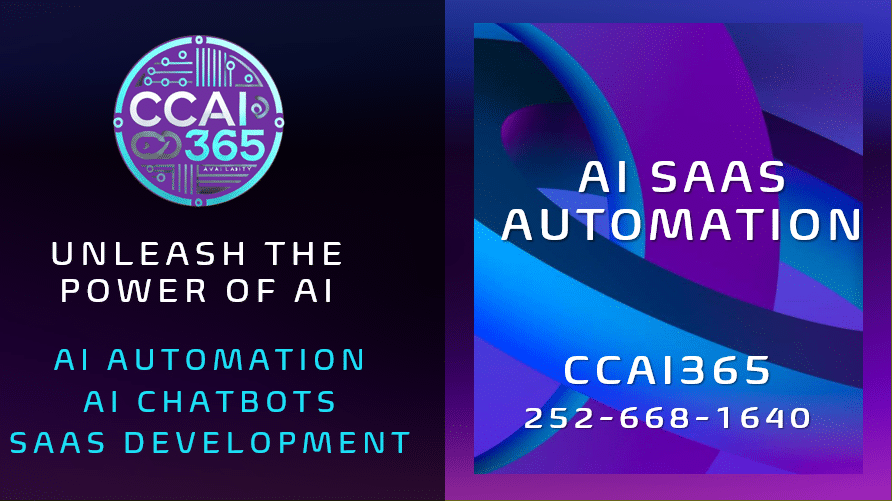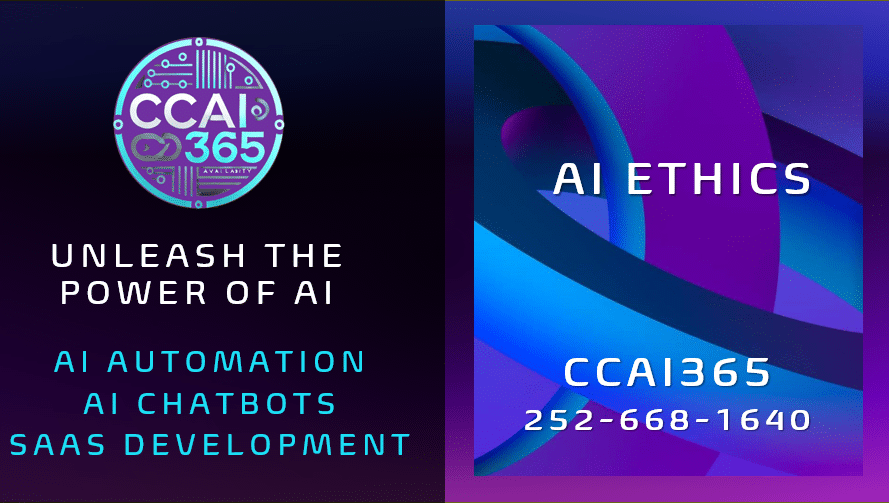
AI + Internet of Things: The Perfect Formula for Smarter Decision-Making in Business
Introduction to AI + Internet of Things (IoT)
In the fast-paced world of modern business, staying ahead of the competition means leveraging cutting-edge technologies to make smarter decisions faster. The Internet of Things (IoT) has emerged as a revolutionary force, connecting devices, systems, and processes to create a web of real-time data. When combined with the power of Artificial Intelligence (AI), the Internet of Things becomes a transformative tool that empowers businesses to unlock unprecedented levels of insight, efficiency, and strategic advantage. This synergy between AI and the Internet of Things is not just a technological trend; it’s the perfect formula for smarter decision-making that can redefine how companies operate, grow, and innovate.
How the Internet of Things is Transforming Modern Business Operations
The Internet of Things is reshaping the landscape of business operations by connecting devices and systems in ways that were unimaginable just a decade ago. Today, companies are deploying IoT-enabled devices to monitor everything from inventory levels to equipment performance, creating an interconnected ecosystem that provides continuous insights into operational processes. For business owners, this means access to real-time data that can inform decision-making, reduce inefficiencies, and enhance productivity.
Smart factories, for instance, are leveraging IoT sensors to track machinery performance, predict maintenance needs, and prevent costly downtime. In logistics and supply chain management, IoT devices provide precise tracking of goods, ensuring that businesses can respond to disruptions and optimize delivery routes. Retailers are using IoT-enabled systems to monitor customer behavior, manage stock levels, and personalize shopping experiences.
The transformation extends to energy management as well, where IoT devices optimize energy consumption in offices, warehouses, and manufacturing plants, reducing costs and supporting sustainability goals. By integrating IoT into core business operations, companies gain a comprehensive, real-time view of their workflows, enabling data-driven decisions that enhance overall performance.
AI and the Internet of Things: Unlocking Real-Time Business Insights
While the Internet of Things generates vast amounts of data, AI is the engine that turns this raw information into actionable insights. By applying machine learning algorithms and advanced analytics to IoT data, businesses can identify patterns, detect anomalies, and forecast trends with remarkable accuracy.
For example, predictive maintenance powered by AI and IoT can alert managers to potential equipment failures before they occur, minimizing downtime and saving significant costs. In retail, AI algorithms analyze IoT-generated data on customer preferences and purchasing patterns to offer personalized recommendations, optimize product placement, and enhance customer engagement.
The combination of AI and the Internet of Things enables real-time decision-making that is both informed and proactive. Businesses no longer have to rely solely on historical data; instead, they can respond dynamically to emerging trends and operational challenges. This capability is especially crucial in industries like healthcare, manufacturing, and logistics, where timely decisions can have a direct impact on efficiency, safety, and profitability.
Furthermore, AI-driven IoT insights allow companies to identify hidden opportunities for growth and innovation. By continuously analyzing data streams from connected devices, businesses can uncover inefficiencies, optimize workflows, and create new products or services that align with evolving market demands.
Driving Efficiency with the Internet of Things and AI-Powered Analytics
Efficiency is the cornerstone of business success, and the Internet of Things combined with AI-powered analytics is a game-changer in this domain. IoT devices capture real-time data from various sources, while AI processes this information to provide actionable insights that streamline operations and enhance productivity.
In manufacturing, AI and IoT enable smart production lines that automatically adjust operations based on demand forecasts and machine performance data. This minimizes waste, reduces energy consumption, and ensures consistent product quality. Supply chain managers benefit from AI-analyzed IoT data to optimize routes, manage inventory levels, and reduce shipping delays, leading to cost savings and improved customer satisfaction.
In the office environment, AI and IoT integration can optimize resource allocation, monitor workspace utilization, and manage energy consumption intelligently. For example, smart sensors can adjust lighting and HVAC systems based on occupancy patterns, reducing overhead costs and supporting sustainability initiatives.
Beyond operational efficiency, AI-powered IoT analytics enhance decision-making speed. By providing real-time insights into market trends, customer behavior, and operational performance, business leaders can make informed decisions quickly, gaining a competitive edge. The combination of AI and the Internet of Things is no longer optional; it’s a strategic imperative for companies seeking to maximize efficiency and profitability in today’s data-driven economy.
The Internet of Things in Action: Smarter Decisions Through Connected Devices
The real power of the Internet of Things becomes evident when businesses see tangible results from connected devices. From smart sensors to AI-driven dashboards, IoT solutions enable companies to make smarter decisions with unprecedented precision.
Retailers use IoT-enabled shelves and RFID tags to monitor stock levels in real time, ensuring that products are always available to meet customer demand. Manufacturers employ IoT-connected machinery to track performance metrics, allowing managers to intervene proactively when issues arise. In healthcare, IoT devices monitor patient vitals and transmit data to AI systems, enabling early detection of potential health issues and personalized care plans.
Connected devices also facilitate remote monitoring and management, empowering business owners to oversee operations from anywhere. This capability is especially valuable in logistics, energy management, and industrial sectors, where real-time oversight can prevent costly disruptions and enhance operational continuity.
By leveraging the Internet of Things, businesses gain a holistic understanding of their environment, enabling smarter, faster, and more informed decisions. The insights derived from connected devices create a continuous feedback loop, allowing companies to optimize processes, improve customer experiences, and drive innovation at every level.
Future-Proofing Your Business with AI and the Internet of Things
The integration of AI and the Internet of Things is not just about immediate gains; it’s a long-term strategy for future-proofing your business. Companies that embrace this combination position themselves to adapt to market changes, innovate continuously, and maintain a competitive edge.
AI and IoT empower businesses to anticipate trends, predict customer needs, and respond proactively to challenges. By implementing IoT-enabled monitoring systems, companies can stay ahead of equipment failures, supply chain disruptions, and energy inefficiencies. AI-driven analytics ensure that every decision is data-backed, reducing risk and enhancing strategic planning.
Future-proofing also involves scalability. IoT systems can grow with your business, accommodating new devices, expanding data streams, and integrating with emerging technologies. AI algorithms evolve with new data, improving predictive accuracy and supporting more sophisticated decision-making over time.
Additionally, businesses that leverage AI and the Internet of Things demonstrate a commitment to innovation, efficiency, and customer satisfaction. These qualities build brand reputation, attract top talent, and position the company as a leader in its industry. By adopting AI and IoT today, business owners ensure that their operations are resilient, adaptable, and primed for long-term success.
Conclusion
The fusion of AI and the Internet of Things is revolutionizing business decision-making. From transforming operations and unlocking real-time insights to driving efficiency and enabling smarter decisions through connected devices, this powerful combination is shaping the future of business. Companies that embrace AI and IoT not only gain immediate operational benefits but also secure a strategic advantage that ensures long-term growth, innovation, and adaptability.
The time to act is now. Contact CCAi365 today at 252-668-1640 to see how AI + IoT can help transform your business!
Blog Posts Links:
